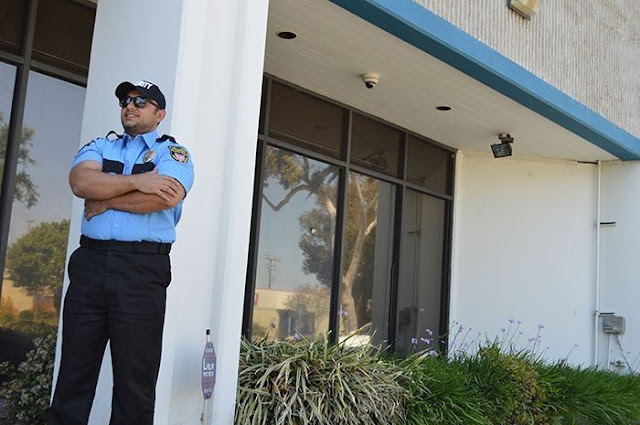Safeguarding Medical Equipment: Security Tips For Healthcare Facilities!
Medical equipment is the backbone of any healthcare facility. From life-saving machines to essential diagnostic tools, these devices play a crucial role in patient care. But here's the problem—high-value medical equipment is a prime target for theft and tampering. Without proper security, a hospital or clinic can face major risks, including financial loss, operational disruptions, and compromised patient safety. That’s why strong guard services and other security measures are necessary to keep everything safe.
So, how do
you protect medical equipment effectively? Let’s break it down.
Lock It Up or Lose It
Leaving
expensive medical equipment out in the open is an open invitation for trouble.
Lockable storage cabinets, secure rooms, and restricted access areas should be
standard. If a device is portable, consider securing it with anti-theft cables
or locked docking stations. This makes it harder for thieves to walk off with
valuable tools.
Surveillance
Security cameras are a game-changer. They help deter criminals and provide evidence if something goes missing. Place high-definition cameras in critical areas like storage rooms, operating rooms, and hallways. But don’t just install them—monitor them in real-time. A live security team can react quickly to suspicious activity.
Badge It, Track It, Protect It
Unauthorized access is a big problem in many healthcare facilities. To fix this, use ID badges with electronic access control. Only authorized personnel should be able to enter sensitive areas. RFID tracking can also help monitor the movement of medical devices, making it easier to track lost or stolen equipment.
Trained Security
A well-trained security team is your first line of defense. Guards services should include regular patrols, emergency response plans, and proper surveillance training. Security officers who understand hospital protocols can quickly spot anything out of the ordinary. This keeps both staff and equipment safe.
Smart Tech
Technology can take security to the next level. Smart locks, biometric scanners, and AI-powered monitoring systems can help tighten security. Some hospitals are even using motion detectors and alarms to alert staff when equipment is moved without permission. Investing in high-tech solutions can make a big difference.
Staff Awareness
Security isn’t just a job for the guards. Doctors, nurses, and other hospital staff should be trained to recognize security threats. Teach them to report suspicious behavior, properly store equipment, and follow security protocols. The more eyes on the ground, the better the protection.
Emergency Plan
No one likes to think about emergencies, but having a solid
security response plan is essential. What happens if there’s a break-in? How
should staff react to theft or tampering? A well-rehearsed plan ensures quick
action and minimizes damage. Regular security drills can prepare everyone for
worst-case scenarios.
Protecting medical equipment isn’t just about locking doors or adding cameras. Strong healthcare facility protection ensures that essential medical tools stay where they belong—helping patients and saving lives.


.jpg)

Comments
Post a Comment